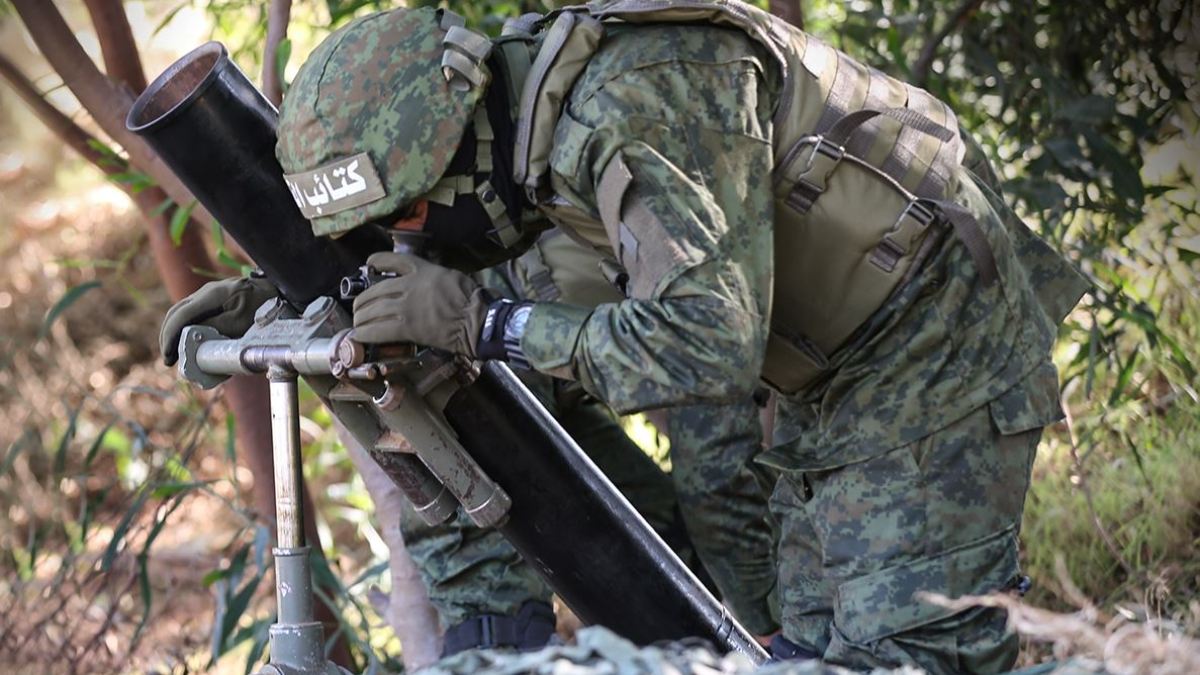The Al-Qassam Brigades have continued their operations against Israeli forces, causing significant casualties. Earlier this week, it was reported that an ambush in east Rafah resulted in more than 15 Israeli soldiers being killed or wounded. This follows other complex operations, such as the capture and killing of soldiers in a tunnel in Jabalia, despite the Israeli army's extensive efforts to weaken the resistance over the past eight months.
Despite initial claims by the Israeli army that it had adapted to the resistance factions' tactics, the latter have continually evolved their combat strategies. Military and security affairs specialist Osama Khaled highlights that the resistance's advanced military doctrine and self-manufacturing of weapons have bolstered their combat capabilities. A strategic focus on sustainable and organized military plans has allowed resistance factions to inflict ongoing losses on Israeli forces.
In Rafah, where the occupation began its military operation on May 7, resistance factions have conducted numerous operations. Notably, on May 18, they successfully carried out a complex ambush, resulting in the death of 15 Israeli soldiers. Such operations are meticulously planned, as seen in the April ambush in Khan Yunis that killed over 10 soldiers after a prolonged 50-day preparation.
Researcher Saeed Ziyad underscores the resistance factions' capability to change tactics, impacting the Israeli army's intelligence effectiveness. By studying and adapting to Israeli military strategies, resistance factions have maintained their operational strength. After the recent truce, their tactics shifted to independent, centralized combat spots, complicating Israeli forces' efforts and preventing attrition.
The resistance's irregular military style contrasts with the heavily trained Israeli army, allowing for rapid tactical evolution. This has been evident in battles such as those in Jabalia and Shujaiya, where complex ambushes resulted in significant Israeli casualties.
Despite the Israeli army's reluctance to disclose the true numbers of casualties, reports suggest higher figures than officially stated. The Al-Qassam Brigades have indicated greater losses among Israeli soldiers, particularly officers, which takes years to compensate for in military training and experience.
Morale is a critical factor in these conflicts. High morale among resistance fighters contrasts sharply with the reported low morale of Israeli soldiers. The psychological aspect, bolstered by manipulation of casualty figures by Israeli authorities, plays a significant role in the ongoing warfare dynamics.
- On Wednesday, Israel advanced its military operations in the Gaza Strip, targeting areas around Rafah with tanks. Despite international warnings, Israel continues its offensive, which it expects to last throughout the year. This move has drawn criticism from Washington, although it does not constitute a major ground operation requiring a change in American policy.
- Palestinian officials report civilian casualties resulting from Israeli airstrikes and shelling. Health Minister Majed Abu Ramadan has called for international pressure to open the Rafah crossing for humanitarian aid, highlighting the dire health situation in Gaza. Meanwhile, Tzachi Hanegbi, Israel’s National Security Adviser, reaffirmed the goal to control the Philadelphia axis to stop arms smuggling into Gaza and to continue fighting in Rafah to oust Hamas from power.






